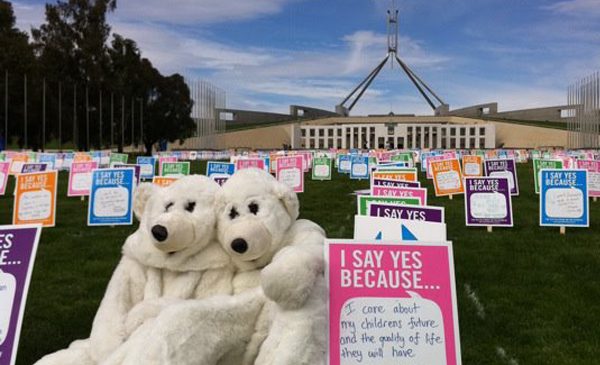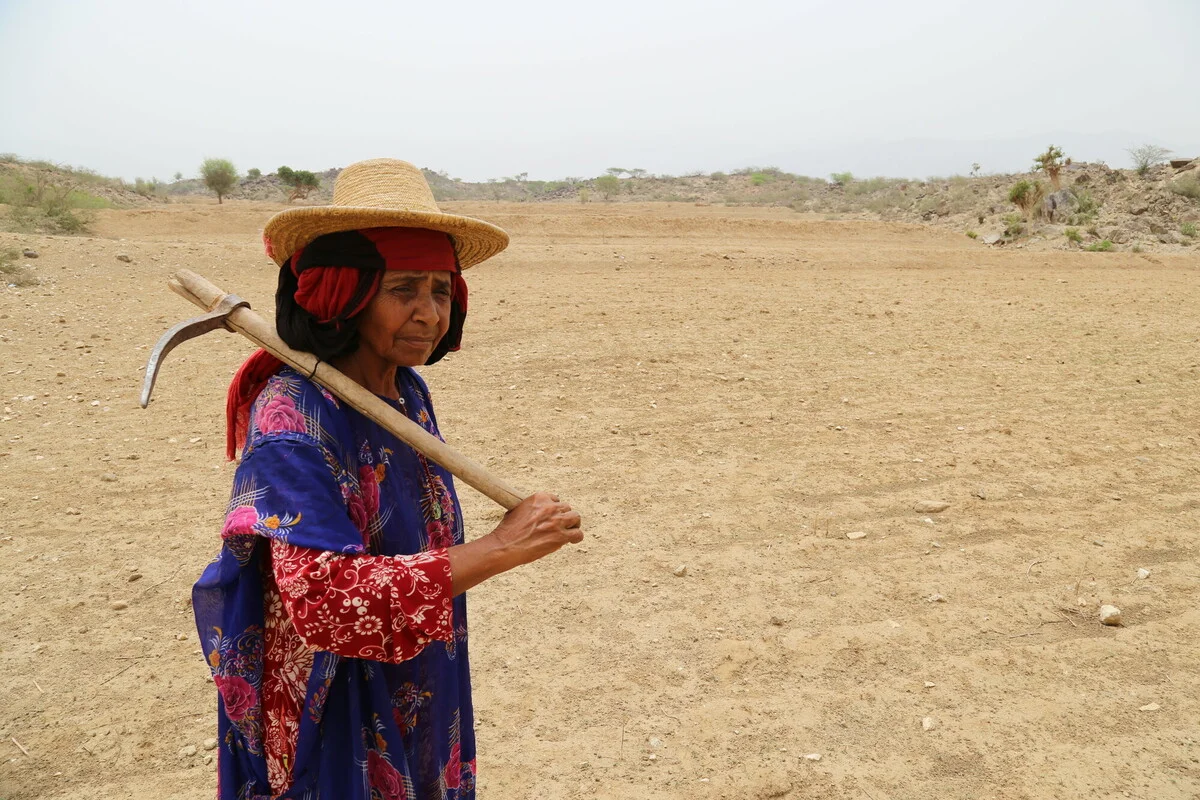8 November 2011 will go down as a historic day for Australia. Historic, because it was the day that Australia took the first step to reduce our carbon emissions and put a price on pollution.
At lunchtime on November 8th, the Clean Energy Future legislation passed through the Upper House of our Parliament. While it’s not a perfect legislation, and there’s still a lot more work to do to seriously tackle climate change, it means that Australia is moving to catch up to international action.
Oxfam’s Executive Director Andrew Hewett called the passing of the legislation a “crucial first step in playing climate catch-up.” He said “developed and developing countries across the world already were taking action, with a number already running Emissions Trading Schemes. Britain has committed to slash its emissions reduction target by 50 per cent (on 1990 levels) by 2025, compared with Australia’s target of 5 per cent.”
We’ve long been calling on our political leaders to Get Smart on Climate Change and the passing of this legislation means that action to address climate change now costs less than inaction.
We want to take this time to say THANK YOU for your support, and reflect on the work we’ve done together as part of the climate movement.
Together we have:
- Shared the stories of those most impacted by climate change with the Australian community, media and government.
- Taken more than 5,000 online actions calling on government to act on climate change
- Distributed more than 8,000 of our ‘Getting Smart on Climate Change’ booklets, including to every single politician around the country
- Joined hundreds of thousands of Australians at rallies, public forums and community events organised by environmental, development and community groups
- Worked to ensure that Australia has taken a positive approach to the international climate change negotiations.
Your energy, time and effort in getting Australia to commit to a price on pollution have been crucial. We still have work ahead of us, but with your support we know we can go far.
What’s next?
While this legislation is key to reducing our domestic carbon emissions we need to go much further if we are to avoid the most catastrophic impacts of climate change.
The next step will be to ensure that the upcoming UN Climate Talks in Durban, South Africa make progress towards a global climate agreement. Across Africa many people, especially women, rely on being able to grow their own food to survive. But the changing climate is having a devastating impact on their ability to grow food.
The UN climate talks need to make progress to curb carbon emissions and ensure that climate finance flows through to global Green Climate Fund so that communities vulnerable to climate impacts, like small-scale farmers, have the resources and support to be able to adapt.
What you can do
- View our new Land is Life: South Africa online photographic exhibition and sign up to host an exhibition in your community.
- Get behind the scenes at the UN climate negotiations and become a UN Climate Tracker today.
Pic: Say Yes Australia



